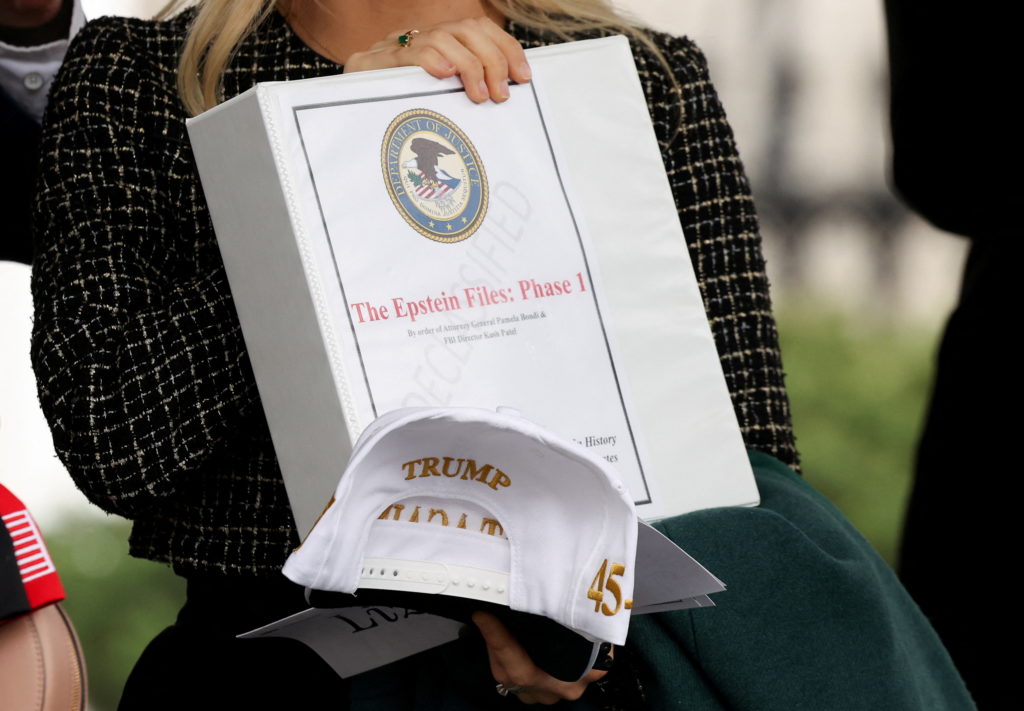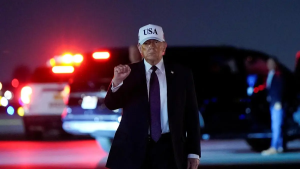Epstein Case Transparency Act Sparks Legal Battle

People walk out of the West Wing of the White House with "The Epstein Files: Phase 1" binders, in Washington, D.C., U.S., February 27, 2025. REUTERS/Kevin Lamarque
The U.S. Department of Justice has filed a motion in federal court in New York seeking to unseal grand jury testimony related to Jeffrey Epstein. The move comes amid congressional demands for transparency in the ongoing sex-trafficking investigation. Attorney General Pam Bondi’s office requested the court to authorize the release of grand jury transcripts and lift protective orders that would prevent public disclosure. Three previous requests were denied, with the latest on August 20, 2025, by a New York federal judge who called the motion a “diversion.” The current filing notes that the recent act passed by Congress requires the Justice Department to release unclassified records related to Epstein’s investigation and prosecution. While the law doesn’t explicitly mention grand jury transcripts, the motion frames them as included by implication. Redactions are planned to protect victims’ identities and other sensitive information. For conservatives and transparency advocates, the filing represents a step toward accountability after years of frustration over sealed documents. The Epstein case has been a recurring issue within the conservative base, with some supporters maintaining that full disclosure is vital for trust in government. However, the administration faces criticism, with some congressional Democrats raising questions about possible leniency shown to Epstein’s associate Ghislaine Maxwell and whether the release would include names of powerful figures implicated in the network. The timing of the motion is significant, coming just after the law passed and as pressure mounts on the Trump administration to show progress. If the court grants the motion, the transcripts would become part of publicly searchable materials mandated by the law within 30 days. Legal experts note that the motion’s success depends on the court’s interpretation of grand-jury secrecy rules. Even if the judge approves, the Department will have to navigate redactions and potential appeals from witnesses not charged. President Trump denies any wrongdoing in the Epstein case, stating the matter is being used for political purposes.




